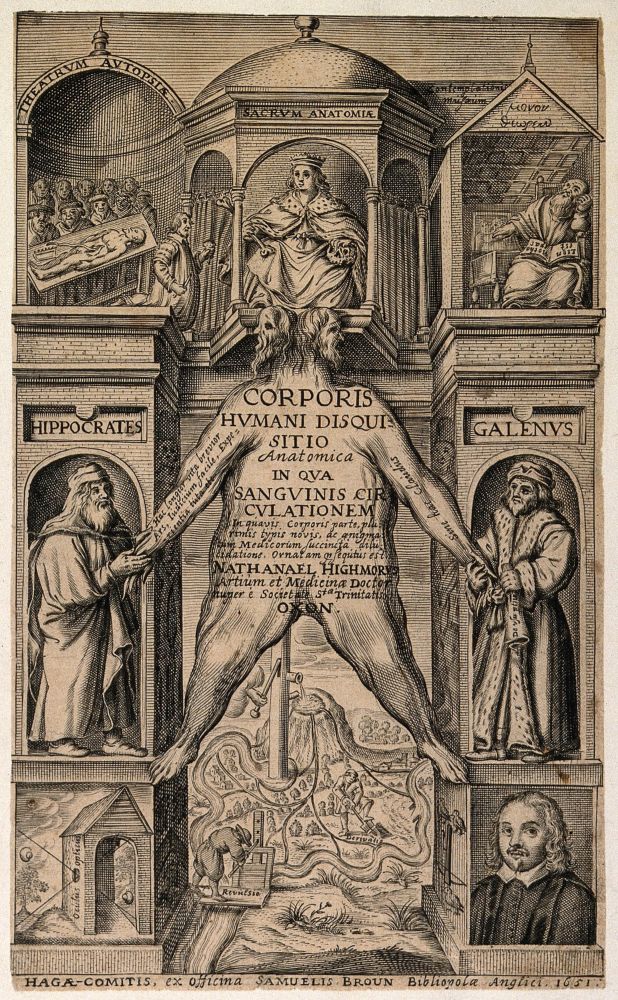Governing the Blood, Breath, and Stomach of the State – Turin Humanities Programme – THP
For the stomach that does not digest food and does not distribute it is not only the cause of the extinction and corruption of the other members of the body but also of itself. Giovanni Botero, Della ragion di stato In late medieval and early modern Europe a symbolic corporeal vocabulary was central| Turin Humanities Programme - THP

